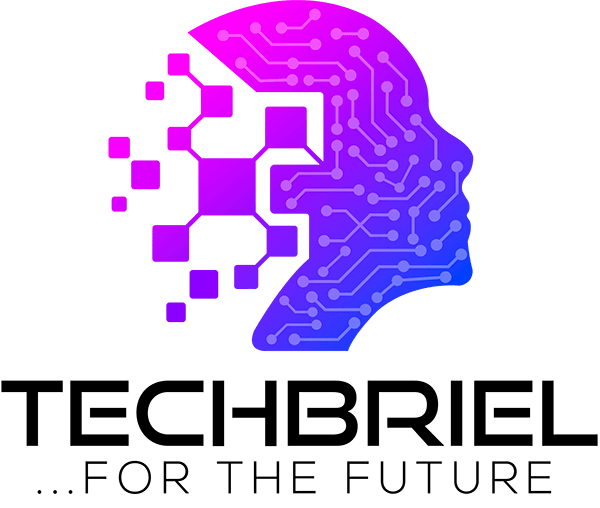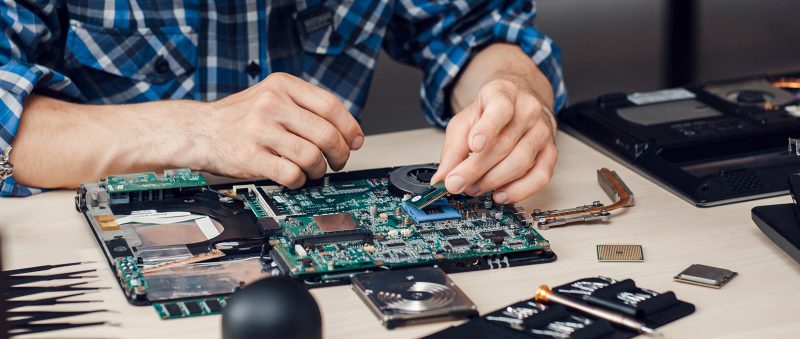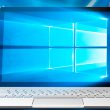In every field there are some basic strategy to becoming a professional in that field, so also it is in computer engineering, and you have to know the basic techniques to be good at it. It is when you know the basic that you can start to improve on them.
In this article I will be sharing with your 6 techniques/strategy to becoming your own computer engineer so you don’t have to call an engineer when your computer brakes down.
1. DON’T FEEL FRUSTRATED
Don’t be afraid of computer problems. It is often the best opportunity to learn. Trouble-shooting is part of the fun of owning a computer. Imagine the satisfaction you could get by solving a problem yourself.
Of course the fun could run out quickly once you are frustrated and have spent too much time on the same problem. If you feel frustrated, it’s time to leave it for a while and go back with some new ideas
2. CONFIDENCE
Confidence is the first technique to solving any computer problem, believing that you solve the problem will make your mind to think and also makes you not to quit on the problem, it prompts you to take steps and you will be surprise to know that you have solve the problem because your confidence was in place.
3. RESEARCH
In computer engineering, research is a major criteria if you must be relevant. The difference between you and the other engineer is just the amount of knowledge you have on the field and this knowledge come as a result of deep research. how to make research, if you have a problem and you don’t know what to do just examine the problem then go on the net and search solutions for that problem. e.g. if your computer has Raila Odinga virus and your antivirus is not removing it, you can type how to remove Raila Odinga manually on www.google.com, read through the sites that are saying what you want to know about click on the site to read the full details that way you have adequate knowledge to solve the problem. Note that there is no problem that you will encounter in your computer that no body has encountered, so going online to search for solution is a smart way to solve the problem.
4. TRIAL-AND-ERROR
When your computer encounters a hardware problem, what you need to do is to know the kind of problem and the hardware responsible for the problem, because Personal computers are highly modular by design. The most powerful technique is to isolate specific component by trial-and-error. Swap compatible components and see if the system still works. Try that peripherals on a different machines and see if the same problem occurs. Make one change at a time.
5. ALWAYS TAKE NOTE
Take notes of what you have done and all the error messages. You may need to use them later. For instance, when you see an unusual blue screen with an error message. Copy the entire message onto a piece of paper. In many situations, that message may point to the right direction in getting the problem solved quickly. Always remember to use the internet when it becomes difficult.
6. TROUBLESHOOTING HARDWARE
It’s OK to open a computer case and take a look inside. There is only 5V and 12V DC voltage supplied to the components outside the power supply. Those who have never seen the inside of a computer are often amazed by how simple it looks. Of course, still always power down and unplug the power cord first.
More than 70% of all computer problems are related to cabling and connections. Ensure all cables are connected firmly. IDE and floppy ribbon cables and power cables can often go loose. Ensure microprocessor, memory modules, and adapters such as video card and sound card are inserted correctly and didn’t “pop-up” during transportation.











